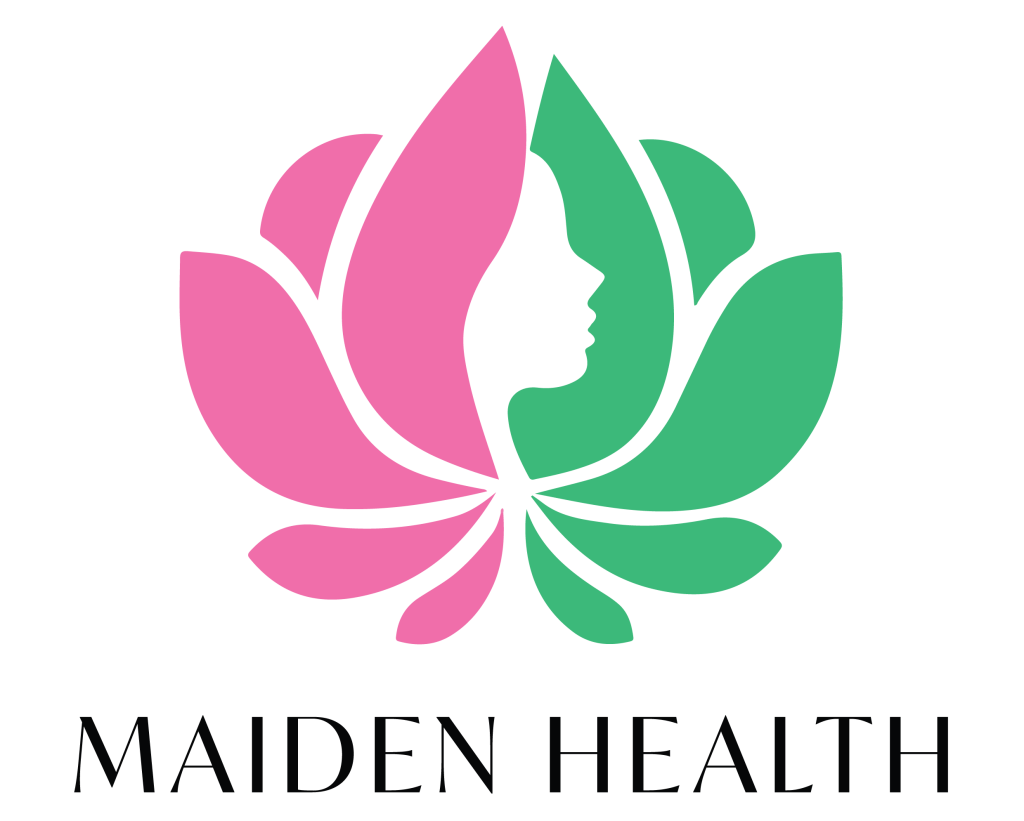As a team of fertility specialists and obstetricians, we always suggest that people pay attention to their health in the lead-up to trying to conceive. And yes, that goes for men as much as women! In this article we’ll address things women can do, before moving onto men’s fertility boosting tips in the next instalment.
As we’ve written about in earlier articles, age remains the largest factor in fertility…but it is far from the only one. Your health in the leadup to conception is extremely important. And unlike your age, you can influence your health— and therefore the health of your future baby.
Fertility-Boosting Advice for Women
For women, we suggest a regimen of healthy eating and moderate exercise starting ideally at least 6 months out from TTC (trying to conceive, you’ll soon learn the lingo!)
Avoid
Cigarettes and recreational drugs are definitely off the menu, and we’d recommend a reduction or removal of alcohol too. Some studies show that caffeine inhibits fertility, so we’d suggest cutting down or finding a replacement for your daily caffeine fix.
Supplements
While there’s varying evidence for different supplements, the ones with a considerable body of ‘proof’ include taking Vitamin D, along with folic acid to prevent birth defects. Iron is also extremely important in pregnancy as your body will need more of it than usual. But be careful not to ‘overdo it’, as you can definitely have too much of a good thing when it comes to iron. If you are not already deficient, it’s not advisable to take iron supplements.
Ask your GP to run a panel of blood tests to ensure you are not low on important minerals and vitamins that can impact fertility and general wellbeing. If you are in the normal range, a high- quality prenatal vitamin should be sufficient to cover your needs during pregnancy. It can be helpful to look for one that includes Vitamin C, Vitamin A, E, B vitamins, zinc and iodine. Our fertility specialists will advise you on recommended prenatal vitamins.
Note that you should be taking your prenatal vitamin before getting pregnant, as the foundations of your baby’s body are being built in the weeks before you discover you’re pregnant.
Weight
While we steer well clear from body-shaming in this practice, the science is clear that women who are either significantly underweight or overweight can struggle to fall pregnant. As such, we recommend that you try to fall within a healthy BMI, or make a move towards that where you can. Sometimes even less than a 5% shift in weight can make a dramatic difference to fertility!
Exercise
As for exercise, stay away from high-intensity exercise like marathon running or any form of exercise that interrupts your cycle.
Chemical Exposure
Additionally, if you have any exposure to industrial chemicals, such as in hairdressing salons, garages, DIY projects, or gardening, we would suggest taking extra precautions while trying to conceive. If you choose to, you may wish to take the added step to reduce household cleaners and containers containing BPA (Bisphenol A), phthalates and parabens, as there is a growing body of evidence that these chemicals are endocrine disruptors and likely impact fertility.
Take Care of Yourself, Take Care of Baby
Trying to conceive is an exciting step in life, a time full of possibility and potential. To feel great in body and mind while taking this wonderful step into the future is the best start possible — for both you and your future baby. We are always here to advise you if you are unsure about what steps you need to be taking to be in optimal health for conception.


